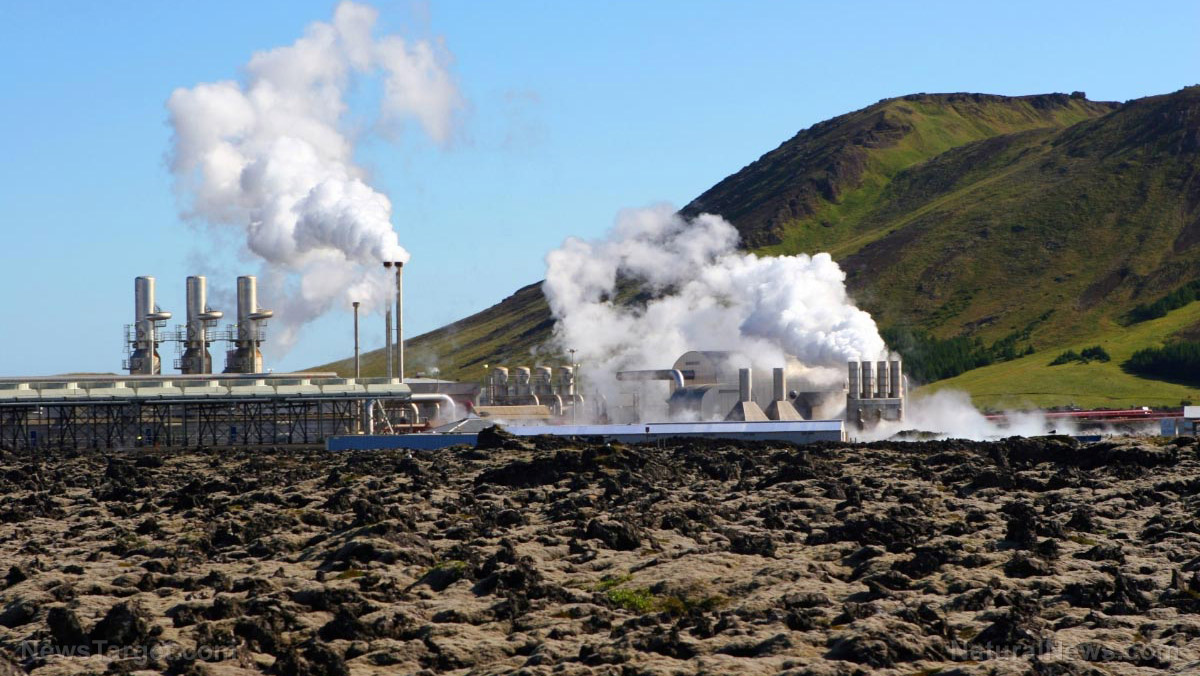Prestigious Swiss Medical Board proposes TOTAL BAN on SCAMMOGRAMS – Toxic breast cancer-causing mammography scans now on the chopping block
10/07/2025 / By S.D. Wells

The Swiss Medical Board has recommended that Switzerland cease introducing new mammography screening programs and gradually phase out existing ones, according to an essay published April 16 in the New England Journal of Medicine. The board, composed of independent health technology assessment experts, concluded that the evidence supporting systematic mammography screening is weak and that its harms may outweigh its benefits.
Instead of continuing the programs, the board suggests replacing them with unbiased informational resources to help women make individual, informed choices about whether or not to be screened.
- Swiss Medical Board Recommendation: The Swiss Medical Board has advised that Switzerland halt new mammography screening programs and gradually phase out existing ones, suggesting instead that women receive clear information to make individualized decisions rather than undergo systematic screening.
- Rationale for the Recommendation: The board found that the benefits of mammography screening do not clearly outweigh the harms, citing evidence of overdiagnosis, unnecessary mastectomies, and little to no impact on overall survival rates.
- Controversy and Backlash: The recommendation, first released in February, sparked intense opposition from Swiss cancer experts, who labeled it “unethical” and contrary to the global consensus on breast cancer prevention.
- Scientific Concerns and Biases: Independent reviews by groups such as the Nordic Cochrane Centre and U.S., Canadian, and U.K. task forces found major flaws and biases in old, randomized trials supporting screening. Improved cancer therapies have also diminished screening’s potential benefits, leading critics to argue that mammography may now cause more harm than good.
Switzerland’s Medical Board Recommends Phasing Out Mammography Screening Programs
The essay’s authors, Dr. Nikola Biller-Andorno, a medical ethicist at the University of Zurich and Harvard Medical School, and Dr. Peter Jüni, an epidemiologist at the University of Bern, explained that they were “struck by how nonobvious it was that the benefits of mammography screening outweighed the harms.” The board’s findings were released to the Swiss public in February, sparking intense controversy and “an uproar” among cancer specialists. Critics labeled the recommendations “unethical” and contrary to “the global consensus” of breast cancer experts. However, the board emphasized that their analysis was independent of past consensus-building efforts and free from potential conflicts of interest.
Mammography screening has long been promoted under three major claims — that it saves lives, preserves breasts, and detects cancer early. Yet, according to evidence cited by the board and organizations such as the Nordic Cochrane Centre, these promises may not hold true. Studies indicate that screening has not been shown to significantly extend life expectancy, and paradoxically, it has led to higher rates of mastectomy and overdiagnosis.
Many women are diagnosed with cancers that would not have become life-threatening, leading to unnecessary treatments and psychological distress. Estimates suggest that a woman who avoids mammography may reduce her risk of being labeled a breast cancer patient by as much as one-third.
The essayists argue that if mammography screening were a pharmaceutical drug, it would likely have been withdrawn from the market due to an unfavorable risk-benefit balance. While most drugs are discontinued when rare harms occur, mammography’s situation is reversed — few women benefit, but many are exposed to unnecessary interventions. This, they contend, makes the Swiss board’s recommendation both rational and ethical.
A major challenge in assessing the effectiveness of screening lies in the outdated nature of supporting trials. Most randomized studies began between 1963 and 1982, before modern therapies such as anti-hormonal treatments and chemotherapy became standard. These advances have greatly improved survival rates, diminishing the potential advantage of early detection. Today, many women live long enough to die of unrelated causes, regardless of whether their cancers were found early. Furthermore, analyses suggest bias in how cause of death was recorded in older trials, consistently favoring screening results.
The Swiss Medical Board’s recommendation has reignited global debate over the value of mammography. While some experts insist it remains an essential preventive tool, others argue that transparent information and individualized decision-making better respect women’s autonomy and the evolving realities of cancer treatment. The board’s stance represents a shift toward evidence-based caution and informed consent in modern preventive medicine.
Tune your internet dial to NaturalMedicine.news for more tips on how to use natural remedies for preventing and reversing breast cancer, instead of succumbing to Big Pharma products and scams that cause, spread, and exacerbate disease and disorder.
Sources for this article include:
Submit a correction >>
Tagged Under:
awakening, breast cancer, cancer, end mammograms, mammogram, mammogram toxic, mammography, progress, radiation, scammogram, women's health
This article may contain statements that reflect the opinion of the author
RECENT NEWS & ARTICLES
COPYRIGHT © 2017 SCIENTIFIC NEWS



















